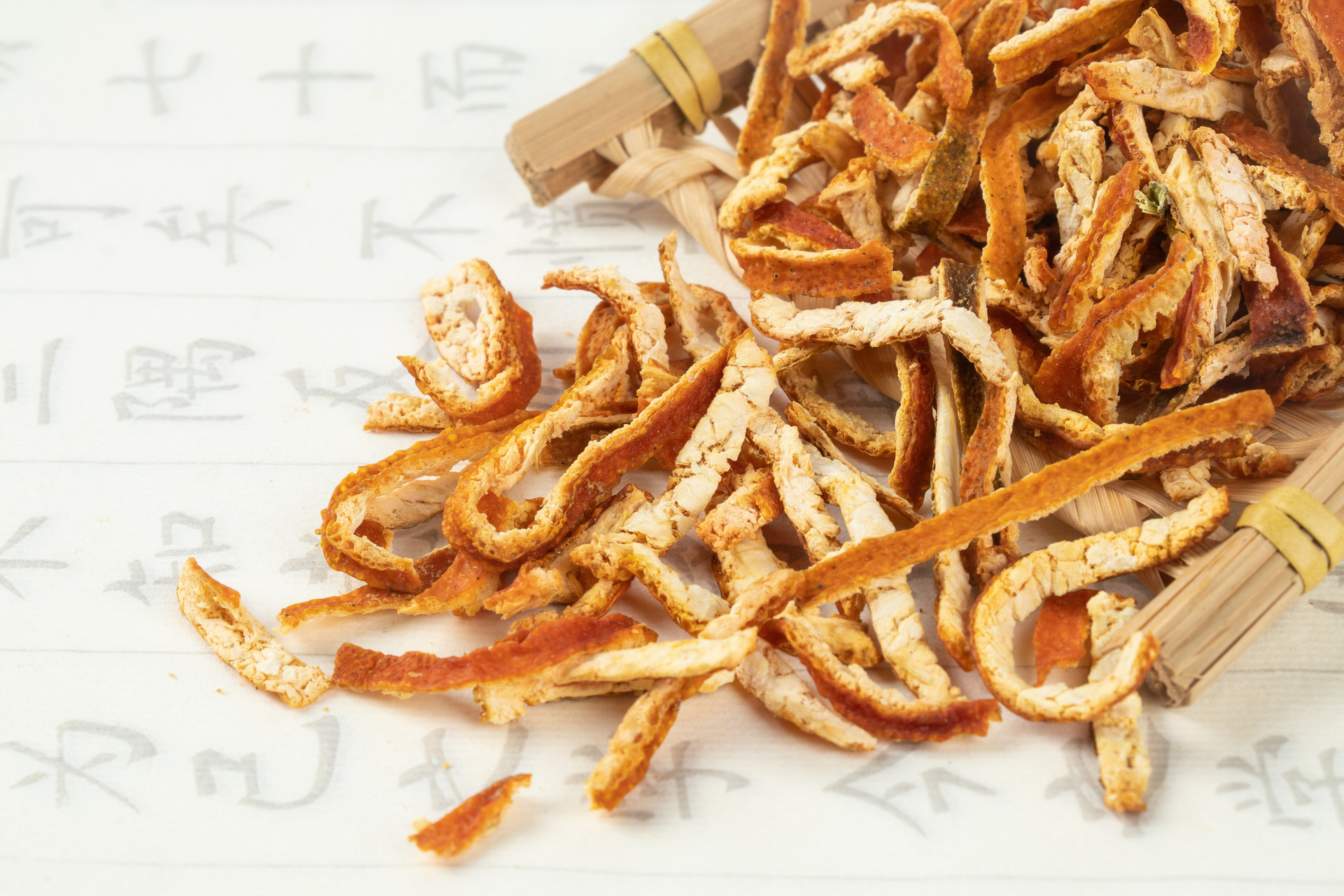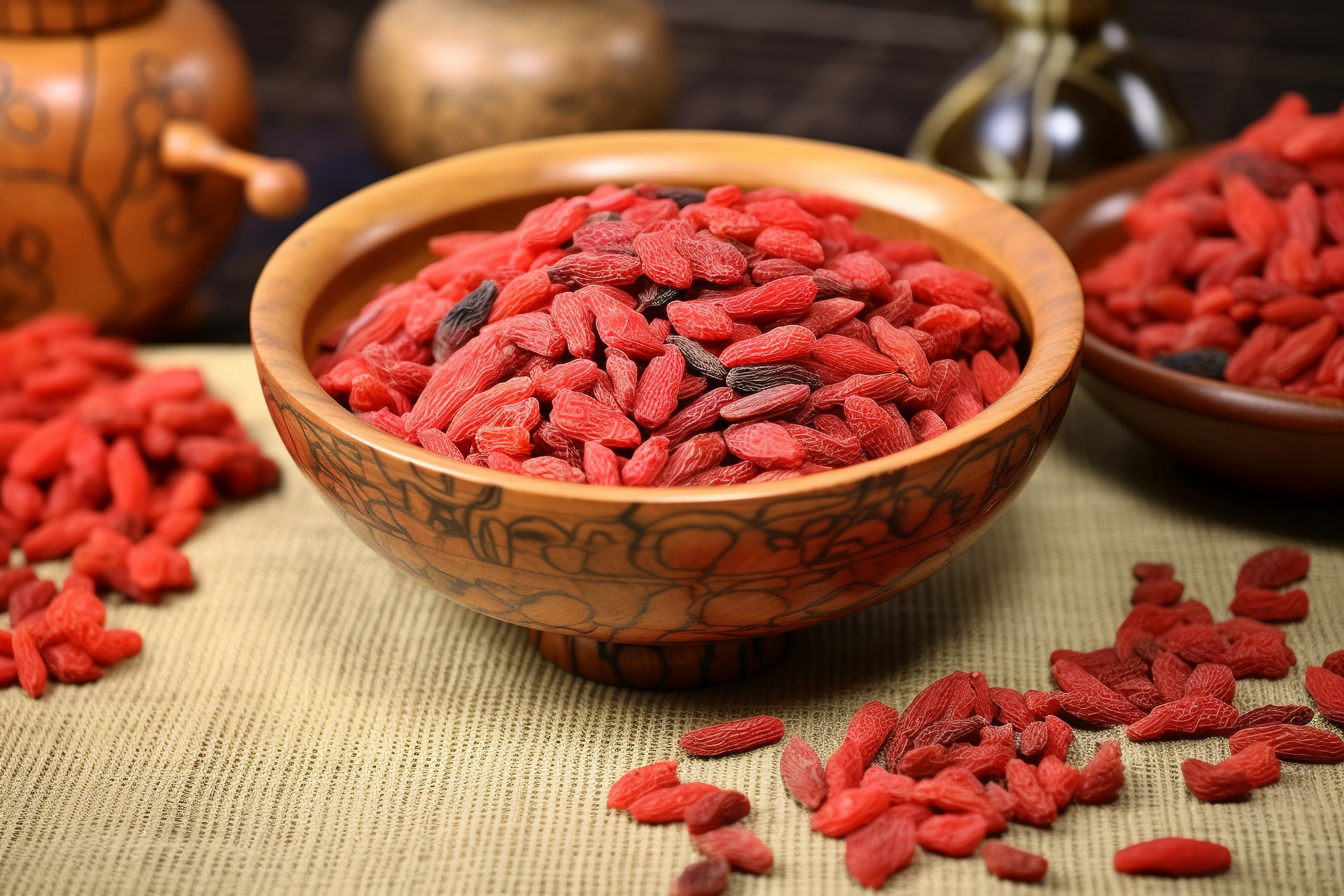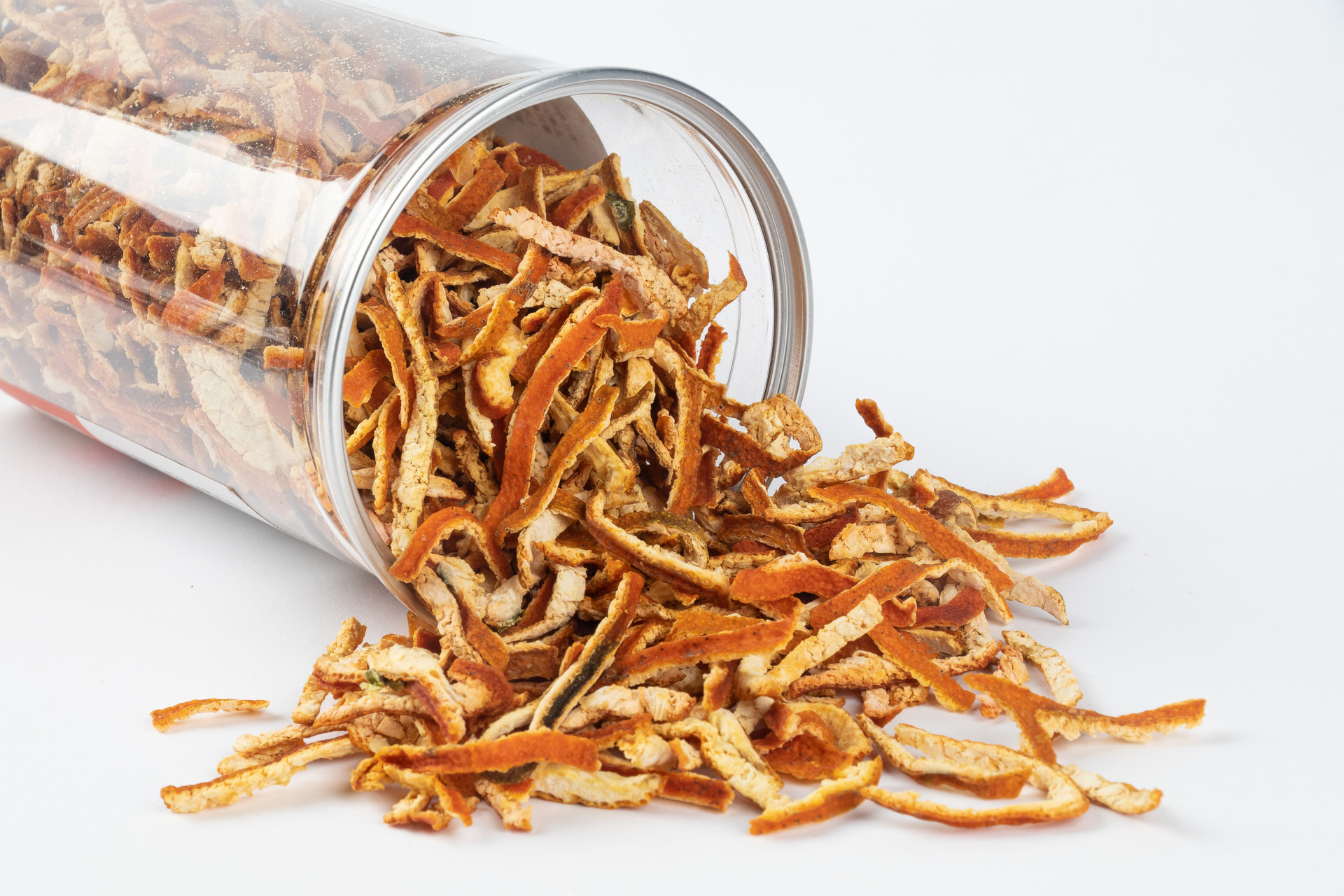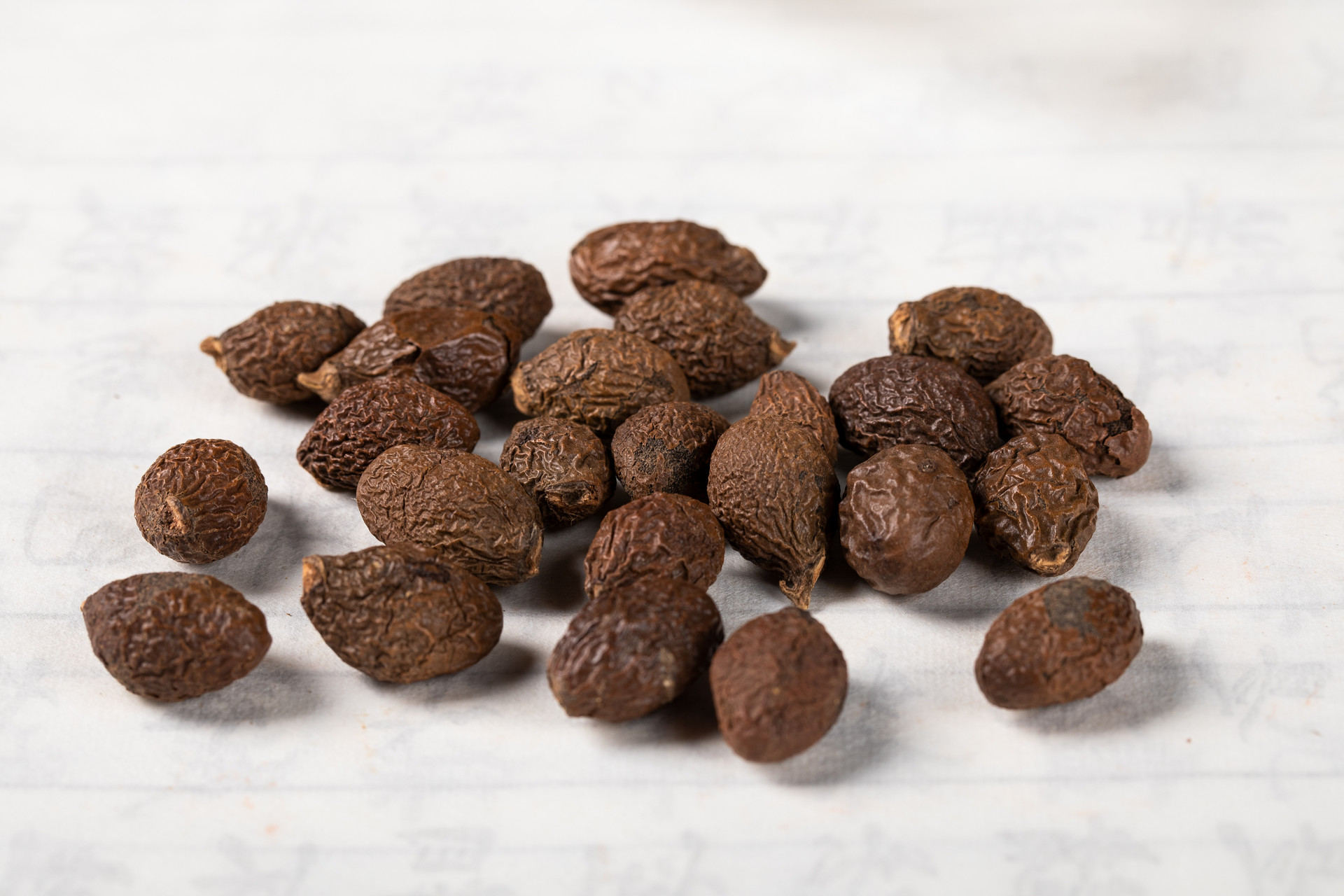It's that time of the year again, the Dragon Boat Festival, when many food lovers are eager to indulge in zongzi. However, some may worry about the high starch content and calorie intake of zongzi, and wonder if eating it will lead to weight gain. So, how many calories does zongzi contain, and will it make you gain weight?
Caloric Content of Zongzi
The caloric content of zongzi varies depending on the ingredients used. On average, a 100-gram serving of regular glutinous rice zongzi contains around 200 kilocalories. Here are the caloric values of several common types of zongzi:
- Red bean zongzi: 184 kilocalories per 100 grams, 38.09 grams of carbohydrates, 1.90 grams of fat.
- Plain glutinous rice zongzi: 180 kilocalories per 100 grams, 40.63 grams of carbohydrates, 0.49 grams of fat.
- Red date zongzi: 190 kilocalories per 100 grams, 43.37 grams of carbohydrates, 0.51 grams of fat.
- Pork belly zongzi: 228.40 kilocalories per 100 grams, 17.71 grams of carbohydrates, 4.07 grams of fat.
Will Eating Zongzi Make You Gain Weight?
Yes, eating too much zongzi can lead to weight gain. Zongzi is typically made from glutinous rice, various grains, or meat, which are relatively difficult to digest. Consuming excessive amounts can result in indigestion and bloating. Additionally, due to its high calorie content, overeating zongzi can contribute to weight gain.
How Many Zongzi Can You Eat Without Gaining Weight?
It is recommended to limit the consumption of zongzi to no more than two fist-sized portions per day. Two fist-sized portions equate to approximately 150-200 grams, providing around 350 kilocalories, which is equivalent to the total calorie intake of a typical dinner. To avoid excessive calorie intake, it is advised to reduce the consumption of other staple foods while eating zongzi.
When Is the Best Time to Eat Zongzi Without Gaining Weight?
1. Before a meal: Consuming zongzi before a meal can increase satiety and reduce the intake of the main course, making it less likely to cause weight gain. Eating zongzi after a meal can add an excessive calorie burden.
2. As a main course for lunch: Although the morning is when metabolism is at its peak, zongzi is relatively difficult to digest and may not provide immediate nutrition and energy. Substituting zongzi for a portion of the main course during lunch allows for a longer digestion period in the afternoon, reducing the risk of calorie accumulation and weight gain. It is generally not recommended to eat zongzi for dinner as the slower metabolism during the evening makes it more likely to cause indigestion and weight gain.












